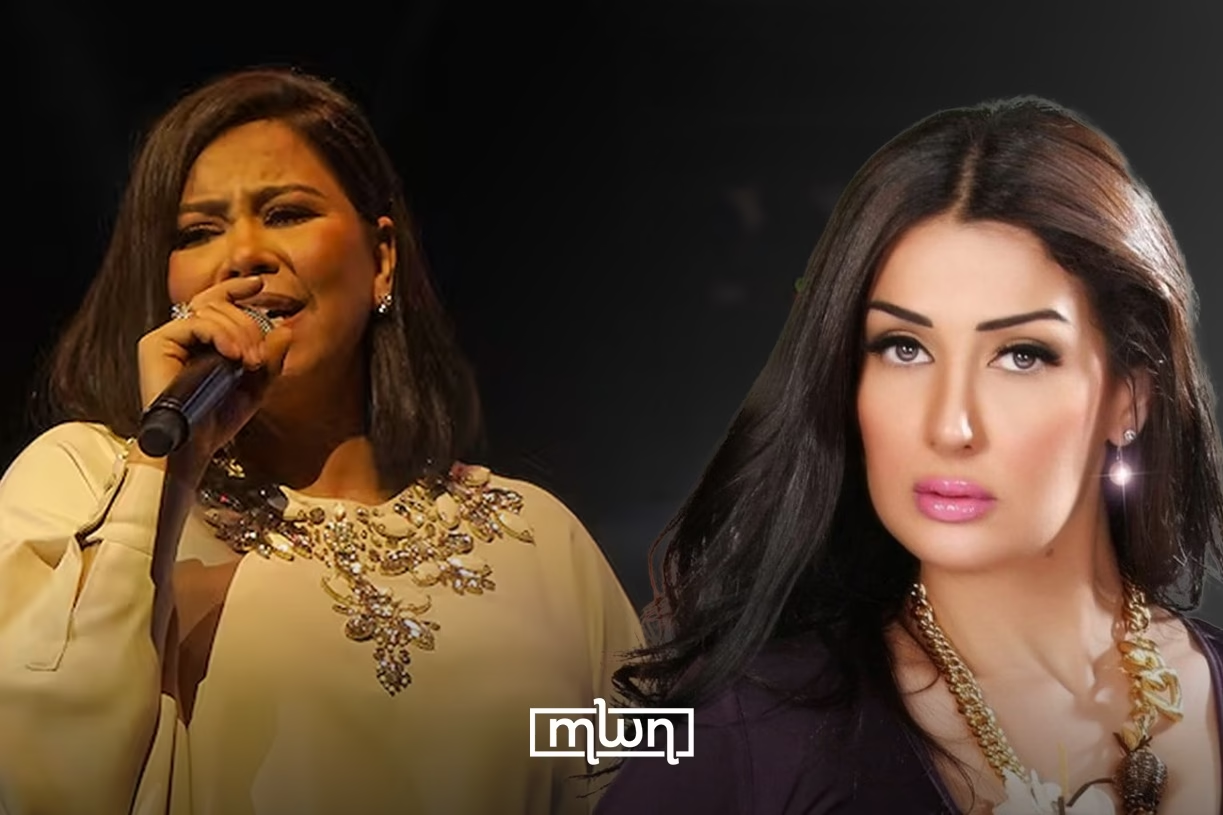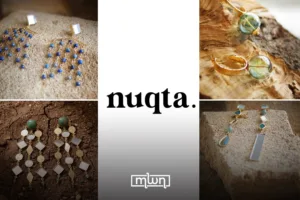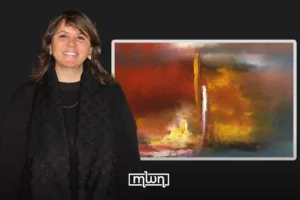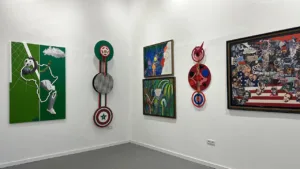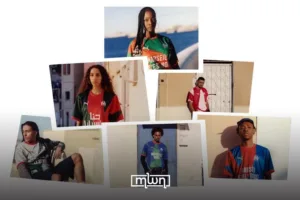What began as support for a fellow artist quickly turned into a cultural controversy between Ghada Abdel Razek and Moroccan audiences.
Fez– Egyptian actress Ghada Abdel Razek has found herself at the center of controversy after posting a message of support for singer Sherine Abdel Wahab, following the latter’s widely criticized performance at the closing ceremony of the 20th edition of the Mawazine Festival in Rabat.
The storm began when Abdel Razek shared a story on her official Instagram account expressing solidarity with Sherine, who has been under fire from Moroccan audiences.
The post included the phrase, *A million blessings, my dear… the caravan moves on…”, which social media users quickly interpreted as a reference to the well-known Arabic proverb “The caravan moves on and the dogs bark.”
Many Moroccans saw the phrase as an indirect insult, taking it to imply that criticism of Sherine was irrelevant or malicious.
The backlash was immediate, with numerous users demanding that Abdel Razek apologize for what they perceived as disrespect toward the Moroccan public.
The controversy has unfolded amid a broader debate about Sherine’s performance at Mawazine. Several attendees voiced their disappointment with her use of playback rather than live singing and criticized her interaction with the audience.
Many felt her demeanor was dismissive and that she failed to meet expectations, especially given that fans had purchased tickets specifically to see her perform live.
In light of the growing outrage, Abdel Razek responded publicly in an attempt to clarify her remarks.
In a phone interview with a Moroccan media platform, she firmly denied intending any offense to Moroccans. “I have never insulted any people in my life, and certainly not the Moroccan people, whom I love deeply,” she stated.
She explained that her message was solely directed at those who, in her words, were “deliberately attacking” Sherine. “My post was an expression of support for a fellow artist going through a tough time,” she said. “It was never aimed at the Moroccan audience.”
Abdel Razek went on to express her sadness over the reaction to her words, stressing her longstanding ties with Morocco. “I have had Moroccan friends for over thirty years. I’ve eaten in their homes and shared countless moments with them. How could I ever insult a people I respect so much?”
She also pointed to the pressures artists face when under the spotlight, referencing similar cases in the region. “Sherine is not the first to be criticized. Other performers from Morocco and beyond, like Saad Lamjarred, have gone through similar experiences. Success always draws scrutiny, it’s part of the industry,” she said.
Lamjarred has made repeated headlines tied to rape cases, and has become quite a controversial figure in the industry.
Meanwhile, Sherine Abdel Wahab’s legal team issued a statement defending the singer against what they described as a “coordinated campaign” of criticism following her appearance at Mawazine.
The statement did not address the playback controversy directly but insisted that Sherine was the target of organized defamation.
As reactions to the incident continue to circulate online, public opinion remains divided. While some defend Sherine and call for empathy regarding her personal and health-related struggles, others insist that professional standards must be upheld, especially when performing in a country with rich musical traditions and a discerning audience.
What began as an act of solidarity has thus evolved into a broader conversation about artistic responsibility, cultural respect, and the risks of social media in an increasingly interconnected Arab world.
Read also: ‘Meqbouline’: New Documentary on Morocco’s History of Interfaith Coexistence

